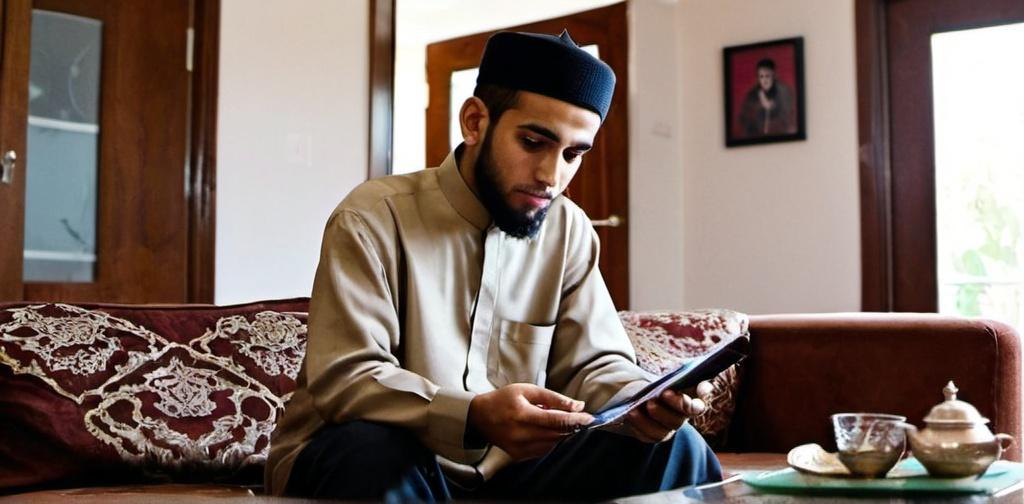Learn more about Financial insturments

Islamic Trading and Investing: Halal or Haram?
Trading and investing have taken many forms, and for Muslims, the focus is on ensuring these activities align with Islamic principles. This isn’t just about profit; it’s about balance, ethics, and staying true to one’s beliefs. Let’s break down how these principles apply in today’s financial scene without getting lost in financial jargon.
The Basics of Halal and Haram in Finance
In Islamic finance, money simply can’t just grow from interest or profit from unethical practices. That’s a no-go. The concept of *riba* (interest) and *gharar* (excessive uncertainty) are central to Islamic law. Riba is pretty similar to interest but more restrictive. It’s about not making money off money itself, which is a big headache in conventional finance but a line you don’t want to cross. Gharar, on the other hand, is all about minimizing risk. Think of it as taking a calculated move with all the facts laid out, not jumping into a cloud of smoke where you can’t see what lies ahead.
Stocks: The Good, the Bad, and the Halal
Investing in stocks can be okay, but not all of them. You gotta do your homework. The company you’re investing in must be engaged in halal activities. So, anything dealing with alcohol, gambling, or pork is off-limits. Also, a company’s financial structure should avoid heavy reliance on debt, as interest-based financing is a classic *riba*.
Screening Stocks
Here’s a typical process many Muslim investors might follow to screen stocks:
- Business Activity: Make sure their core operations comply with Islamic principles.
- Financial Ratios: Check the debt ratio to ensure it’s within acceptable limits.
- Ethical Practices: Evaluate if they engage in unfair labor practices or environmental harm.
Sukuk: The Islamic Bond
Now, if bonds make you picture something that screams interest, *sukuk* changes the game. It’s like a bond but instead of loaning money for interest, sukuk is about investing in tangible assets that generate real economic activity. The returns are shared among investors, just like you’d split a pizza with extra cheese—equal slices, no sneaky bits.
Forex Trading: Walking a Fine Line
Foreign exchange trading or forex is a tricky one. Think of it as walking a tightrope. The issue here lies in speculation and overnight interest charges, involved in regular forex trades. While spot trading (immediate exchange of currencies) might be okay, the speculative nature of forex can often make it haram. Those who want to try this game need to play by strict rules and make sure each trade complies with Islamic law.
Mutual Funds and ETFs: A Collective Effort
For those who prefer a more hands-off approach, mutual funds and ETFs (Exchange Traded Funds) offer a diversified package. Of course, they must comply with Sharia laws. Islamic mutual funds typically avoid companies involved in haram activities and focus on those with a halal profile. ETFs follow a similar path but trade on stock exchanges and can be more flexible for the active investor. You still need to dig up their holdings and see if they stack up against your values.
Real Estate: A Tangible Asset
Real estate is often considered a safe haven for investment. It’s a tangible asset that can provide a steady income stream if handled well. From rental properties to REITs (Real Estate Investment Trusts), there’s an array of options. However, financing and the structure of investments should comply with Sharia rules, avoiding any interest-bearing loans or contracts laced with uncertainty.
Cryptocurrency: A New Kid on the Block
Cryptocurrency—Bitcoin, Ethereum, and their buddies—are stirring up quite a debate in Muslim circles. Some scholars say they’re okay, while others are throwing up the red flag due to their speculative nature and lack of intrinsic value. Here’s where personal judgment and deeper inquiry into religious rulings come into play. It’s the wild west out there, and navigating this requires a thoughtful approach with a balance of risk and reward.
Personal Stories: Real-Life Applications
Ali, a friend of mine, approached investing with a clear goal: to grow his savings without compromising his ethics. He started small, screening stocks based on ethical guidelines. His first choice? A tech company with strong values and low debt. Over a few years, his portfolio grew, and so did his confidence in making decisions aligned with his beliefs.
On the flip side, Sara dabbled in forex but soon realized the speculative nature didn’t sit well with her. She pivoted to sukuk and real estate, where she could see tangible benefits and sleep easier knowing her investments were ethical.
The Takeaway
Islamic trading and investing aren’t about limiting your choices but rather steering them into avenues that offer peace of mind and ethical growth. The road may seem complex at times, but at the heart of it, it boils down to sticking to your principles while exploring opportunities that align with your values. Whether you’re a seasoned investor or just starting out, maintaining a focus on halal and ethical profitability will ensure your financial journey aligns with your beliefs.